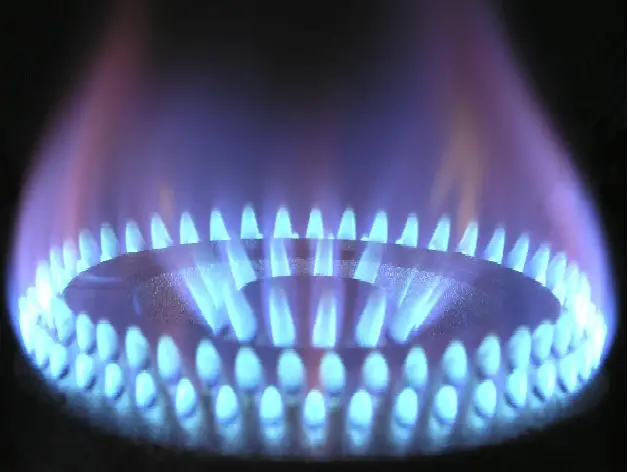Bloomberg is reporting that global industry will need to invest $7 trillion in infrastructure to supply natural gas to the global market to avoid supply crises through 2050, according to new data from the Japanese Institute of Energy Economics (IEEJ).
The report said the new investment is required for the construction of new liquified natural gas (LNG) facilities, and to expand existing plants, as well as for the development of new gas deposits, as nations begin to transition away from coal, to more green forms of energy.
The Japanese think tank forecasts that by the middle of the century, there will be a 56% reduction in emissions. However the IEEJ adds that should emissions remain at current levels until 2050, the world would need to invest nearly $10 trillion in order to avoid shortages of natural gas.
In another report released earlier this week, the International Gas Union (IGU) said that differing outlooks on the demand for gas in the near future are preventing accurate predictions, and making planning for the future difficult, as they leave companies unsure about how much they need to invest in new resources to produce additional supplies.
The IGU said, “The unprecedented demand uncertainty and insufficient level of investment in natural gas, low-carbon, and renewable gases are putting the energy transition at risk, undermining energy affordability, security, and sustainability.”
The International Energy Agency (IEA) warned last week that the world’s gas markets are now in a “new and more uncertain” period that will likely be characterized by slower growth and higher volatility, which may lead to a peak in the demand for gas fuels globally by 2030.


